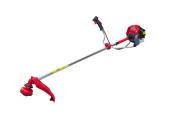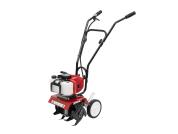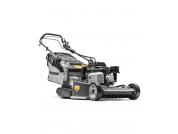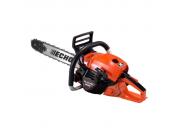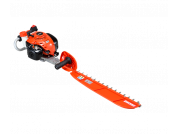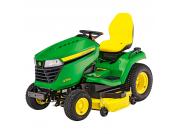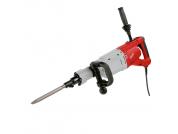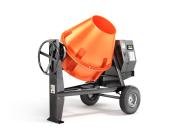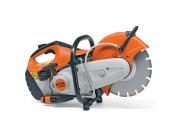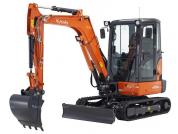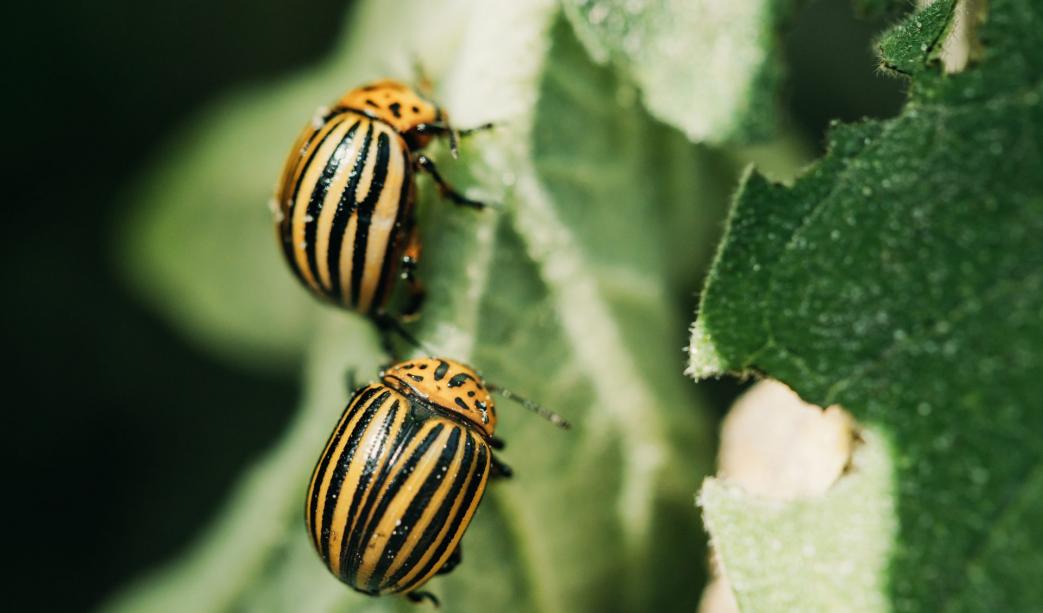
A Guide to Protecting Your Garden from Unwelcome Winter Pests
During winter, our plants enter a dormant state. This can mean that winter pests are much more likely to strike. But, what are the most common winter pests to keep your eyes out for? In this article, we will be providing our professional advice when it comes to protecting your garden from those unwelcome winter pests.
Identifying Common Winter Pests
In the UK, it’s not uncommon to see mice, rats and voles. These little creatures can all seek shelter in garden debris, mulch or compost piles. Most large gardens and estates are surrounded by fields. This can mean that mice fields, for example, will migrate over your garden and hunker down in your outdoor space, where they can scrounge frozen seeks and keep warm. Echoing this point, Home & Garden states that ‘as the temperatures fall, mice are attracted to warmer environments, such as your shed, garage, or home’. Whilst this sounds harmless, mice, rats and voles can also hinder your plants growth and even destroy them all together.
In the winter, some insects may also take advantage of your dormant garden. Pests such as scale insects, aphids and spider mites can use plant remains or debris to hibernate on or hide within small openings and gaps during the winter months. Aphids in particular, according to the Lady Mole Catcher, love vegetables and ‘no cabbage, broccoli or kale plant is safe.’
When talking about pests, you also can’t forget the potential of deer and other wildlife. As mentioned above, large estates and gardens are usually shouldered by big fields and greenery. Hungry deer, rabbits and other creatures may see your outdoor space as the perfect pace to forage. During the winter, wildlife can struggle to find food, water and other living necessities. Unfortunately, they may start to look towards your garden as a means for surviving the harsh UK winter.
How Can You Tell If Your Garden Is Being Affected By Pests?
Confirming not only the presence of pests in your outdoor space, but also, what critters are eating your plants is a must. But, how can you tell your garden is being affected?
We would recommend looking for chewed or damaged foliage as a first sign. If the leaves of your plants have irregular holes or jagged edges, it could be a sign they are being eaten. Small holes throughout your plant’s foliage can suggest caterpillars or beetles are feasting on them.
Speaking of leaves, you will also need to assess whether they are wilting or have begun to look discoloured. Sneaky pests, such as aphids and spider mites will feed on your plants juices and nutrients. This means that the leaves will start to wilt, curl up or even become yellow. Some pests may also inject toxins into plants, leading to discoloration and further wilting.
Taking an adequate amount of time to inspect your plants can be extremely beneficial, as some pests are visible. That’s right- you can occasionally see the pests that are inhabiting your plants. Look closely for the presence of pests, including under your plants leaves, along the stems and in the soil. As well as active, alive pests flitting from plant to plant, you may also see larvae or insect eggs.
In addition to holes in the leaves, some pests will eat through the soil or containers to get to the roots of your plants. Worms, in particular, such as cutworms or wireworms will live in the soil and feed on what’s below. We would recommend checking for any holes or potential tunnels which could indicate soil-dwelling pests.
This can be tricky to spot in the winter, but if you notice your plants are having a sudden rapid decline in health, despite taking all the precautions for the cold weather, this can be a sign of pests being present. Your gardening team will monitor your garden closing for any these unnatural changes during the colder season.
How To Implement Protective Measures
Winter Garden Maintenance
Your professional gardening team will take protective measures during the winter to prevent pests from making your outdoor space their home. First step would be to ensure your garden is clear. With autumn following up with winter, it can be easy for garden maintenance to go awry. To fend off those nasty pests, it’s crucial to remove fallen leaves, dead plants and any other debris. Pests can use these hiding spaces to seek shelter during the winter.
Protecting Your Plants With Mulch
Mulch is an excellent tool for keeping your plants warm during the colder months, but did you know that it can also protect your garden from pests? As professionals, we would suggest having your gardening team maintain a thin layer of mulch to discourage any pests from nesting in your garden. As well as providing a good level of insulation for the plant roots in winter, mulch can be doubly beneficial when it comes to protecting your plants.
Installing Physical Barriers
Keeping the insects off your plants can be just as tricky as keeping away bigger animals. Wildlife like mentioned above, deers, rabbits and mice can also feast on your plants during the colder, less fruitful months. Installing fencing, netting and row covers will deter any bigger creatures from being able to access your garden or your more vulnerable plants.
Monitor and Inspect Your Plants
Keeping a close eye on your plants can be simple when you have a professional gardening team. Preventative maintenance to prevent pest activity can be just as important as using protective measures. Professionals will be able to monitor your garden or large estate for any signs of chewed foliage, burrows, or insect egg masses.
Natural Pest Control Methods
Natural pest control methods also have a place in every garden. Many of these measures should be taken during the garden design phase, but also be added to fully-formed gardens at any stage. A great, natural way to prevent pests would be to encourage beneficial insects into our garden. For example, ladybugs and lacewings can help control aphids and other, unwanted visitors.
Similar to inviting in beneficial insects, you can also welcome predatory birds into your garden. This can be super simple if you live in a rural area, owls and hawks can be attracted into your outdoor space through plants with tasty berries or by installing nesting boxes or perches.
Many gardening experts will also encourage you to consider companion planting. By using pest-repellent herbs or flowers, you can naturally keep pests away from your delicate plants. Some of the top recommended plants would be marigolds, garlic, and chrysanthemums.
BZ Gardens – Professional gardeners Of Surrey
Don’t let pesky winter pests disrupt the beauty of your garden this spring. Whether you’re dealing with aphids, scale insects, spider mites, or any other unwelcome visitors, our team of professionals are here to provide expert advice and effective solutions. Please contact us on 01483 967160 to speak with one of our team members today.



